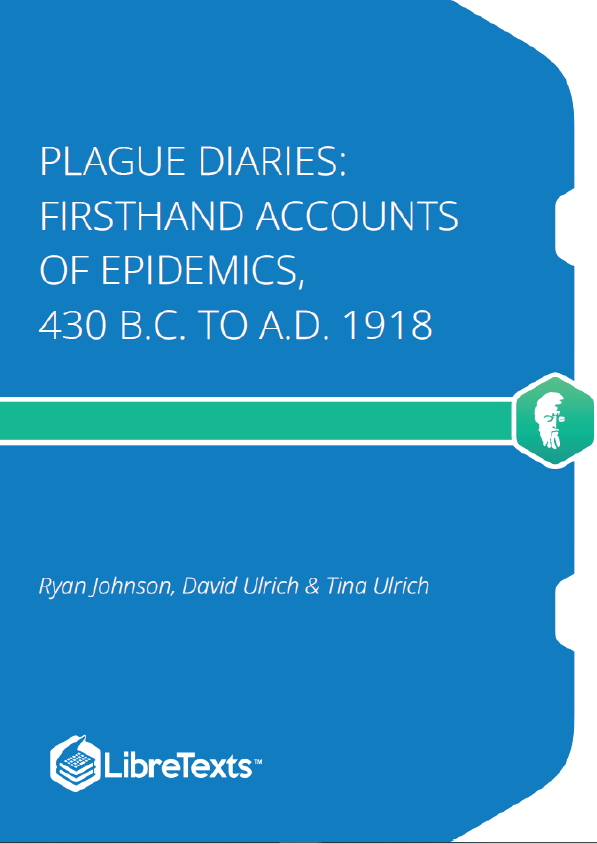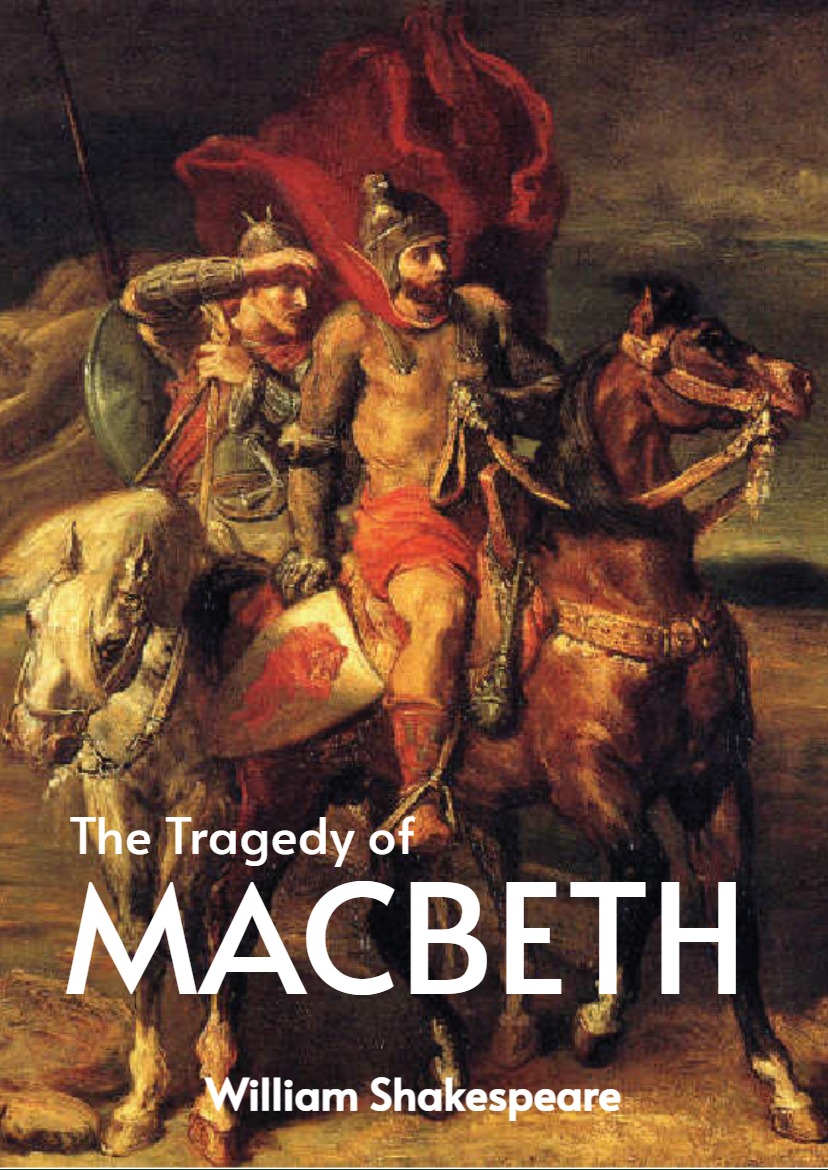This project originated in response to the Covid-19 pandemic sweeping the globe and its various knock-on effects. We created a small collection of openly available primary documents discussing epidemics from the past, such as the Black Death in Europe in the mid-fourteenth century and smallpox hitting northern Michigan in the nineteenth.
Introduction:
The following excerpt comes from the ancient Greek historian Thucydides’ History of the Peloponnesian War . The war broke out in 431 BCE, and pitted Sparta against Athens, the two strongest city-states in Greece after the stunning victory against the Persian Empire roughly 70 years prior. After the Persian Wars, Athens had led the creation of a defensive alliance called the Delian League, the purpose of which was to be on the lookout for another Persian invasion. However, as years went on and no invasion materialized, some members of the League wanted to pull out. Athens would have none of it and bullied members into remaining part of the League, and used money that was supposed to be for the common defense to beautify Athens. Sparta, meanwhile, was becoming more anxious at this growing Athenian power, and when Athens began threatening some of Sparta’s allies on the Greek mainland, conflict ensued.
A year into the war, as Spartan armies ravaged the countryside around Athens, a plague hit the city. Estimates place the death toll between 75,000 and 100,000, including the city-state’s leader, Pericles, a loss that would have serious ramifications for the rest of the war. What precisely the disease was, we’re not entirely sure. Most likely, from Thucydides’ description, it was either smallpox or typhus. Some historians take Thucydides’ use of the word “plague” literally, and have asserted that bubonic plague was what hit Athens. Whatever the disease was, it afflicted tens of thousands of people, including Thucydides himself, who can therefore speak from a position of direct experience of the illness.
Such was the funeral that took place during this winter, with which the first year of the war came to an end. In the first days of summer the Lacedaemonians and their allies, with two-thirds of their forces as before, invaded Attica, under the command of Archidamus, son of Zeuxidamus, King of Lacedaemon, and sat down and laid waste the country. Not many days after their arrival in Attica the plague first began to show itself among the Athenians. It was said that it had broken out in many places previously in the neighbourhood of Lemnos and elsewhere; but a pestilence of such extent and mortality was nowhere remembered. Neither were the physicians at first of any service, ignorant as they were of the proper way to treat it, but they died themselves the most thickly, as they visited the sick most often; nor did any human art succeed any better. Supplications in the temples, divinations, and so forth were found equally futile, till the overwhelming nature of the disaster at last put a stop to them altogether.
It first began, it is said, in the parts of Ethiopia above Egypt, and thence descended into Egypt and Libya and into most of the King’s country. Suddenly falling upon Athens, it first attacked the population in Piraeus—which was the occasion of their saying that the Peloponnesians had poisoned the reservoirs, there being as yet no wells there—and afterwards appeared in the upper city, when the deaths became much more frequent. All speculation as to its origin and its causes, if causes can be found adequate to produce so great a disturbance, I leave to other writers, whether lay or professional; for myself, I shall simply set down its nature, and explain the symptoms by which perhaps it may be recognized by the student, if it should ever break out again. This I can the better do, as I had the disease myself, and watched its operation in the case of others.











